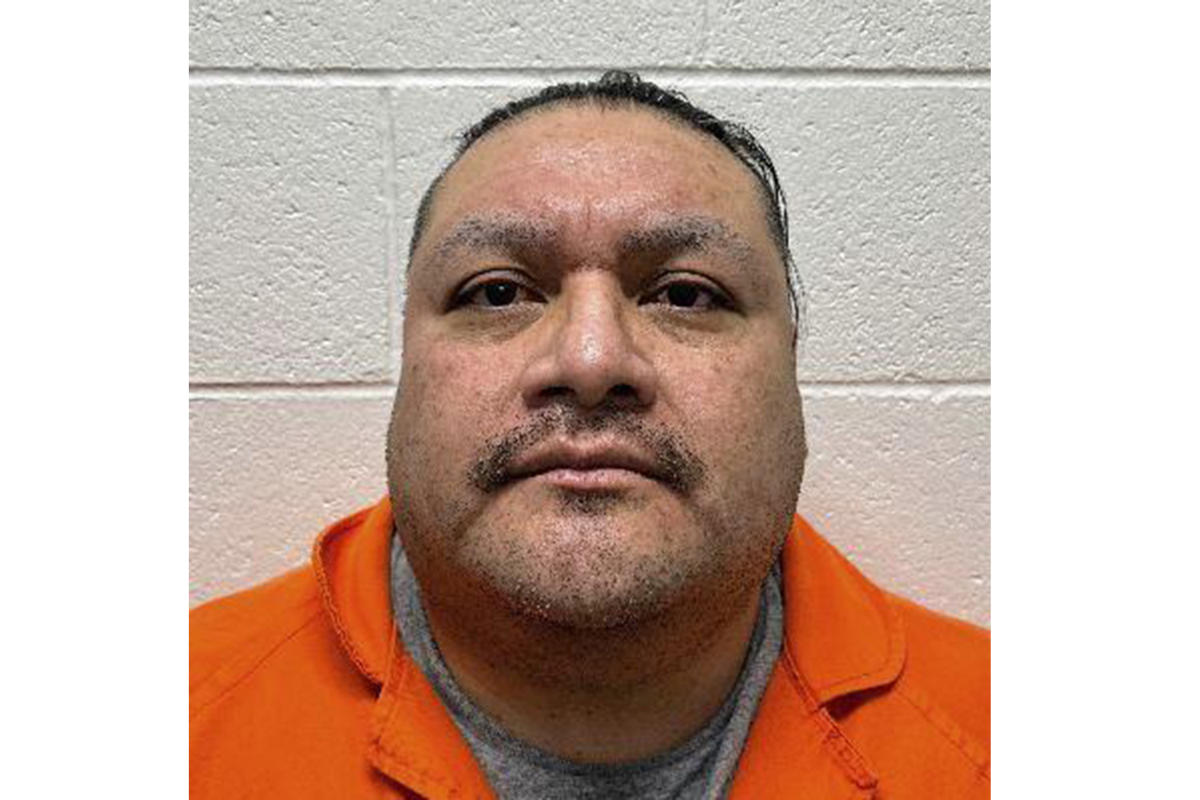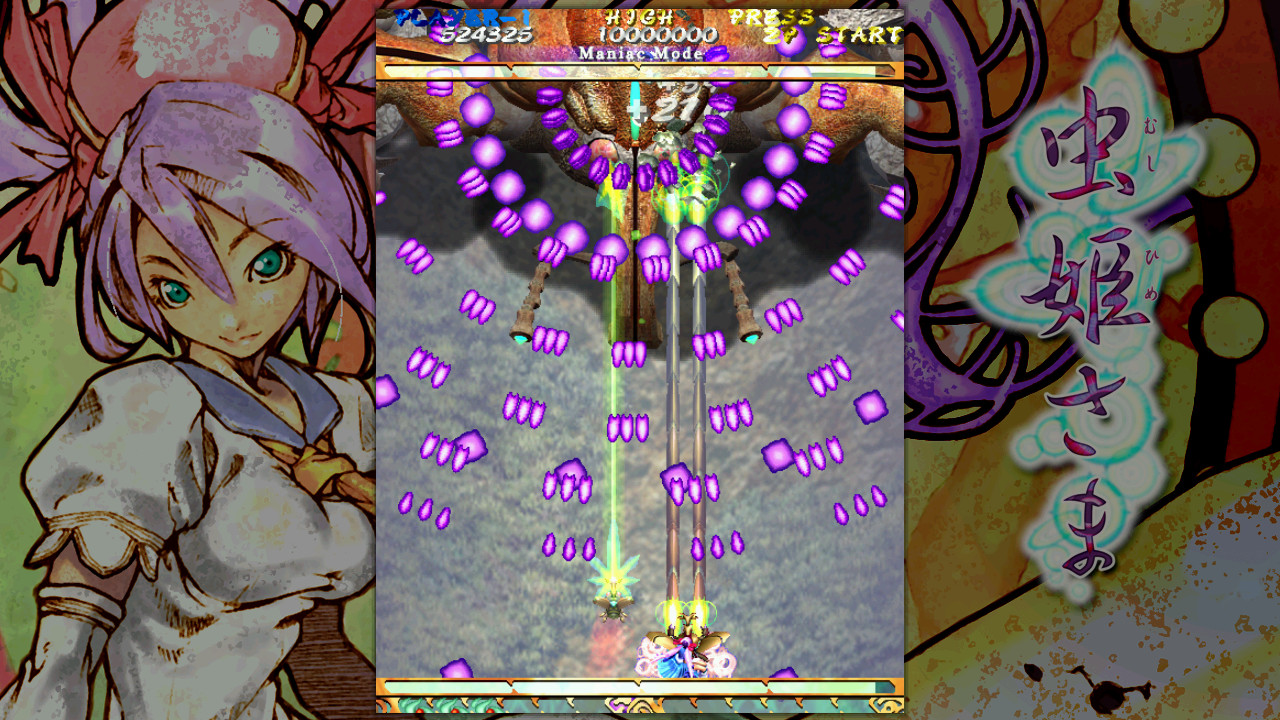Death row inmate in Utah imprisoned for 1998 murder asks parole board for clemency before hearing

Utah state officials are scheduled to hear testimony Monday on whether a man facing execution next month should be spared the death penalty for a 1998 murder and remain in prison for life.
The parole board hearing comes after state officials said Saturday they no longer intend to use an untested combination of execution drugs that Taberon Dave Honie’s lawyers say may have caused him “excruciating pain.” Instead, they will use a different drug – pentobarbital.
The execution, scheduled for August 8, would be the first since the shooting of Ronnie Lee Gardner in 2010, according to the Utah Department of Corrections.
Honie’s lawyers said a traumatic and violent childhood combined with long-term drug abuse, a previous brain injury and extreme drunkenness fueled his behavior when he broke into his girlfriend’s mother’s home and killed her.
They blamed poor legal advice for the fact that Honie – a native of the Hopi Indian Reservation in Arizona – was convicted by a judge rather than a jury that might have been more sympathetic and spared him the death penalty.
“Mr. Honie has consistently expressed sincere remorse and sorrow since his arrest,” they wrote in a motion for commutation filed last month. They added that Honie has an adult daughter and “deserves mercy.”
The state’s lawyers asked the board to deny the motion.
They said the judge who sentenced Honie had already taken into account his remorse, difficult childhood and state of intoxication when he killed 49-year-old Claudia Benn. Honie, then 22, smashed a glass door to get into Benn’s house while she was home with her grandchildren and then brutally beat her, slashing her neck, vagina and around her anus, court documents show.
When police arrived at the house, they found him covered in blood, documents say.
“Honie says the board should show him clemency because he accepted responsibility for Claudia’s murder,” the state’s lawyers wrote. “The commutation motion itself is a long deflection from responsibility that never once acknowledges the cruel acts he committed against Claudia or her granddaughters.”
Honie was convicted of aggravated murder in 1999.
A two-day hearing is scheduled on Honie’s request for commutation, with a decision expected at a later date.
After decades of unsuccessful appeals, Honie’s execution warrant was signed last month over objections from defense attorneys who raised concerns about the lethal drug combination they planned to use. When Honie’s attorneys filed suit, corrections officials agreed to switch to pentobarbital, which has been used previously in numerous states.
There is evidence that pentobarbital can also cause extreme pain, including in federal executions in the final months of Donald Trump’s presidency.
Related Posts

The most famous owners of celebrity sports teams

Greenfield Recorder – Because taxes were not paid, the Whately Selectboard reinstates the Club Castaway police unit requirements

